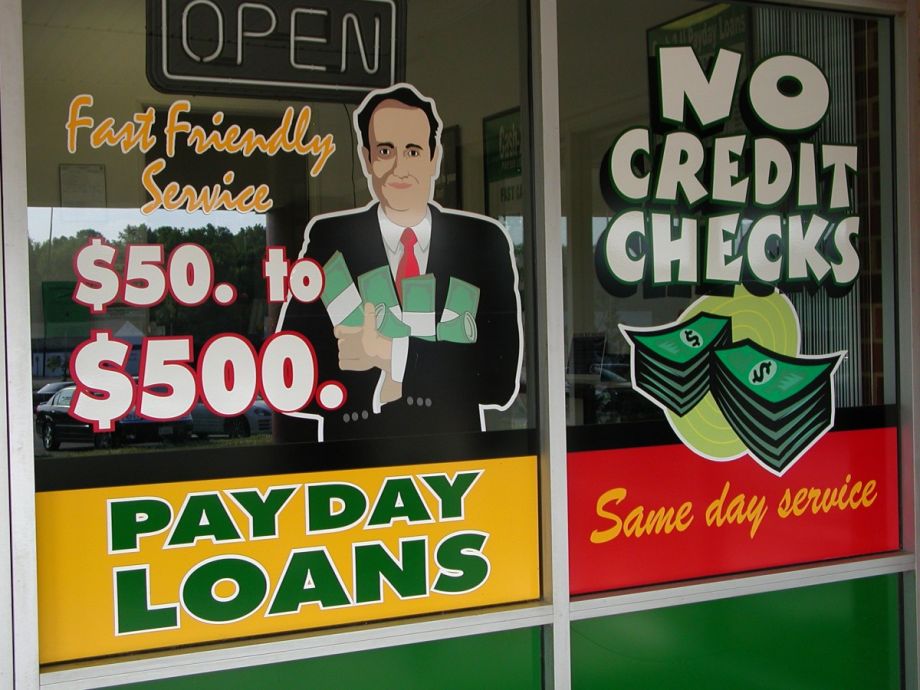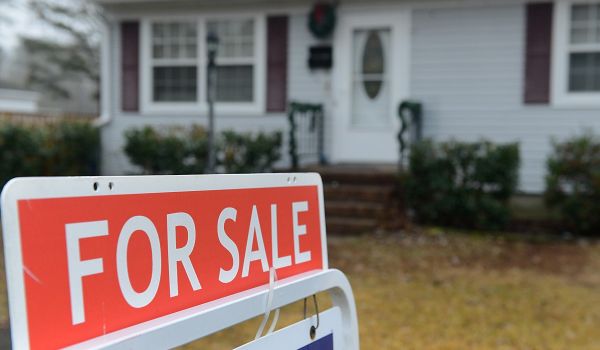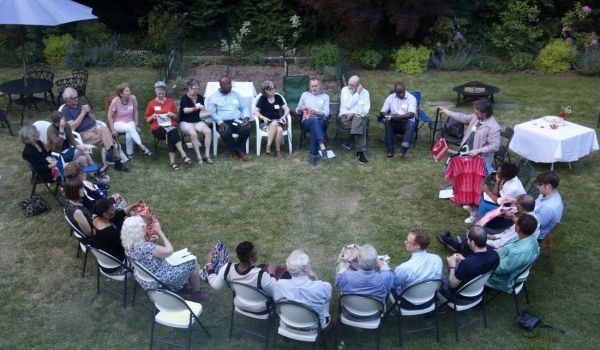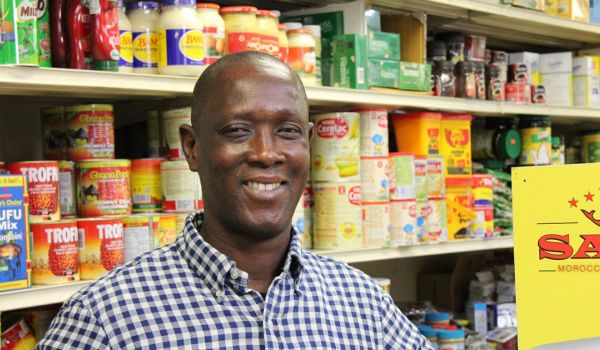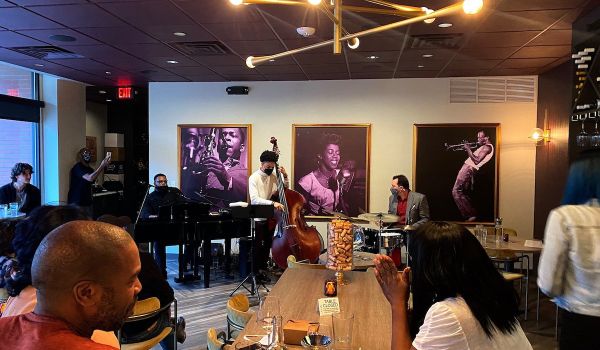More than 7 million U.S. households are unbanked, which means no one living in that household has a checking or savings account, according to an FDIC survey. Lacking a bank account can make qualifying for a home, small business or small-dollar loan difficult, leaving millions of Americans without access to funding.
To help solve this problem, the National Asian American Coalition (NAAC), a California-based CDFI, has launched NAAC Finance, a digital lending service for low- to moderate-income communities who struggle to access traditional banking services. The service is a partnership with global venture studio Talino Venture Labs’ startup Asenso Finance.
“It’s digital lending and financial management,” says Mel Dimacali, deputy CDFI director at NAAC. “Rather than just having people borrow, it helps them improve their credit as well.”
The digital lending service was created out of an FDIC tech sprint competition exploring how to help banks meet the needs of the unbanked through new technology and methods. NAAC and Talino Venture Labs won the market readiness category with the program, “Breaking Down Barriers: Reaching the Last Mile of the Unbanked.”
“The goal was to come up with a product that will not only be attractive for folks to join in terms of the benefits of the lending part and to improve their credit, but also financial management education,” Dimacali says.
Increasing homeownership is the ultimate goal of NAAC and its programs. The organization is a HUD-approved nonprofit housing counseling agency that provides down payment assistance and homeownership counseling, as well as small business loans.
NAAC is currently taking applications for the new NAAC Finance program and plans to fully launch in February 2022 with the SPRING Small Dollar Loan. Borrowers can apply for loans of $1,000, $2,000 and $2,500, with interest rates ranging from 10% to 20%, and loan applications will be approved quickly, within two business days. Funds will be disbursed within two weeks.
The quick turnaround is an effort to solve the problem of “short-term cash liquidity” that individuals and small businesses often face, Dimacali says. The program also aims to help people avoid payday lenders when they need money quickly, as these loans can charge up 400% in interest and leave borrowers in worse financial shape.
NAAC Finance also requires borrowers to go through financial literacy training where they’ll learn money-management skills. “We’re going to teach you why money is important, why credit is important,” Dimacali adds. “We’re setting examples for them on why building your credit is important because by building your credit, you can be a more successful small business owner and a more successful individual, credit- and financial-empowerment wise.”
Low- to moderate-income individuals with a credit score below 680 and who are employed are eligible for a NAAC Finance loan. Small business loans are also available to help small businesses access capital to grow or come back from the hardships of the COVID-19 pandemic.
Dimacali says the program isn’t just available to the Asian-American community, and NAAC is partnering with other community organizations to reach underserved groups. “Once this is fully launched, it’ll just grow bigger and bigger in terms of really serving communities with education,” he says.
Dimacali says he’s most excited that NAAC Finance will help people who are unbanked and low- to moderate-income become more financially independent, take an active community role and realize the “American Dream of owning your own home.”
“Because really, when someone has a low credit score, statistics show that it tends to stay that way,” he explains. “They tend to be trapped in a system. We’re offering them a springboard through our loans to get back on track. And it’s exciting because we have a lot of partners that are enjoined in this mission.”

This story is part of our series, CDFI Futures, which explores the community development finance industry through the lenses of equity, public policy and inclusive community development. The series is generously supported by Partners for the Common Good. Sign up for PCG’s CapNexus newsletter at capnexus.org.
Erica Sweeney is a freelance journalist based in Little Rock, AR. She covers health, wellness, business and many other topics. Her work has appeared in The New York Times, The Guardian, Good Housekeeping, HuffPost, Parade, Money, Insider and more.

